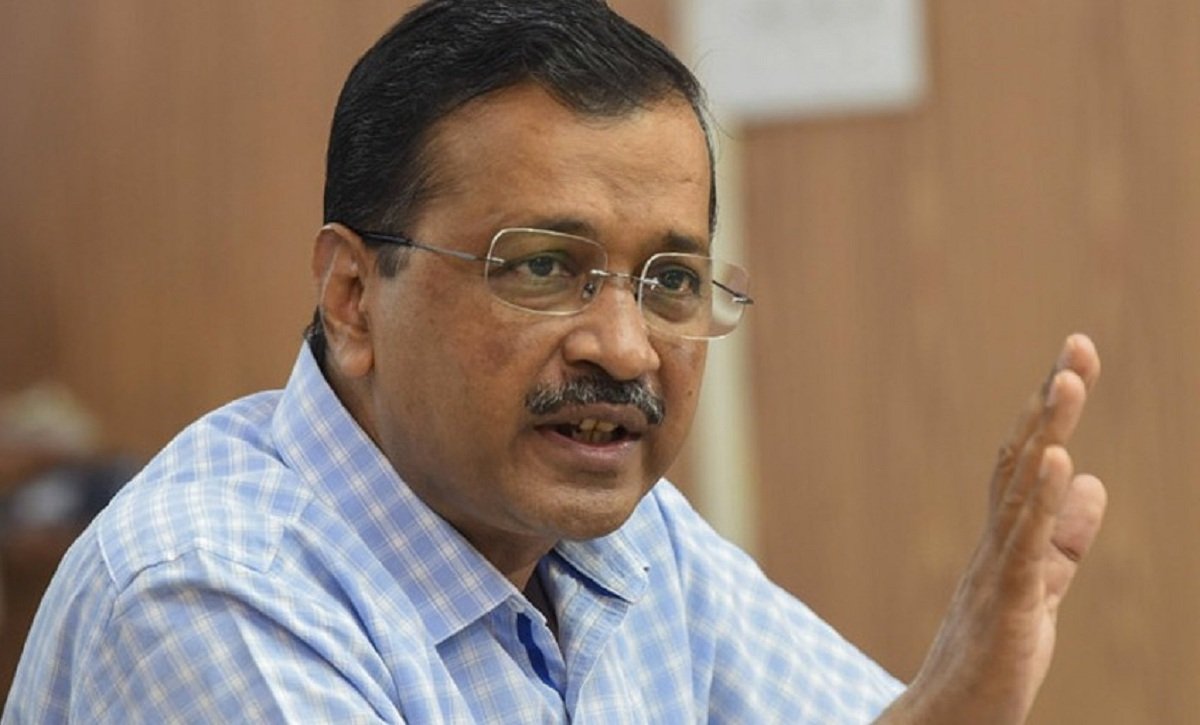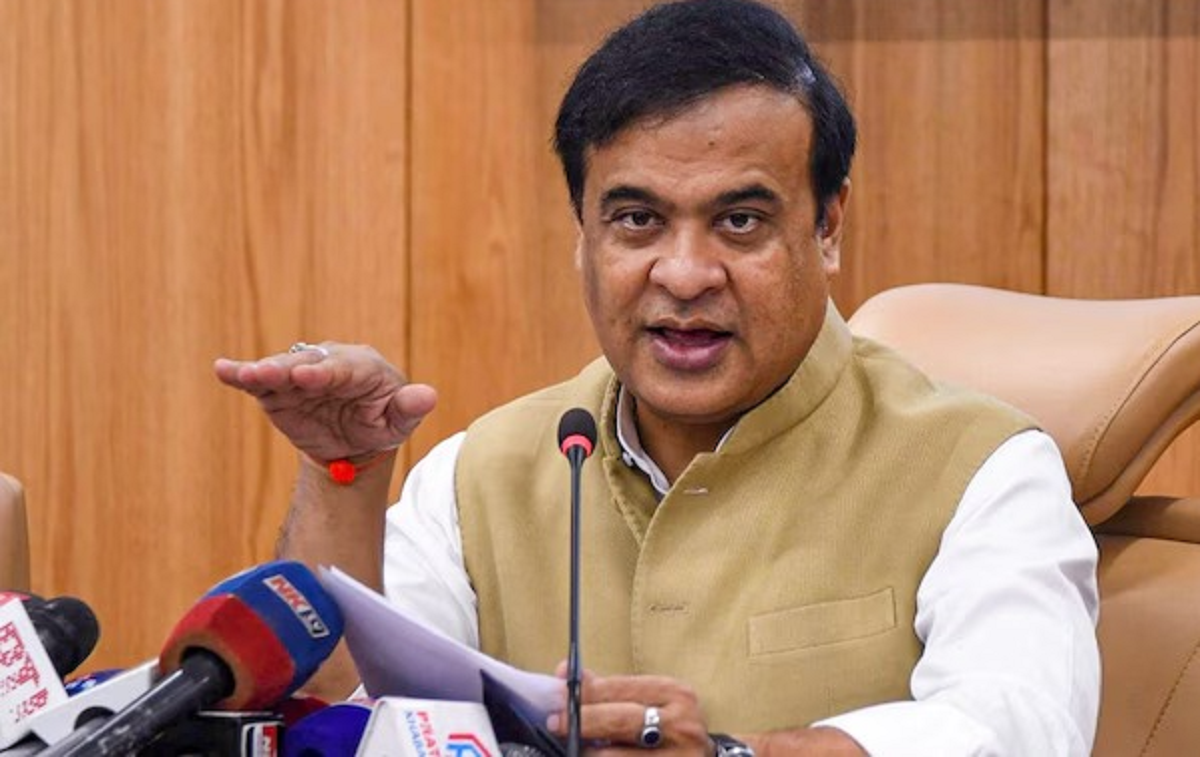On April 15, the Indian Supreme Court will consider Arvind Kejriwal, the chief minister of Delhi,’s appeal against his detention by the Enforcement Directorate. The Delhi High Court affirmed the government agency’s arrest of him earlier this month. The Enforcement Directorate detained Arvind Kejriwal last month in relation to the money laundering investigation related to the Delhi excise policy issue. He was sent under judicial custody until April 15 by a Delhi court last week. Arvind Kejriwal filed a case in the Supreme Court following the Delhi High Court’s ruling that no laws had been broken.
The Delhi High Court decided that the Enforcement Directorate had enough evidence to support Arvind Kejriwal’s arrest. The chief minister forced the agency to the point where it had no choice but to arrest him, the court ruled, therefore it could not be held accountable for the timing of the arrest. The 103-page ruling by Justice Swarana Kanta Sharma’s single-judge bench noted that evidence presented to the court indicated that Kejriwal had allegedly plotted with others and participated in the creation of the policy.
It is said that Kejriwal is implicated in two separate instances of money laundering. First, in his individual capacity since he requested bribes and participated in the creation of the excise policy. Second, for the use of 45 crore in proceeds of crime in the AAP’s election campaign in the 2022 Goa elections, in his role as the national convenor of the Aam Aadmi Party in accordance with Section 70(1) of the PMLA,” the court ruled. On March 23, Arvind Kejriwal filed a petition with the high court, arguing that the ED’s action had violated his fundamental rights and was politically motivated.
AAP leader Manish Sisodia has been incarcerated since February of last year in connection with the same case as Kejriwal. Another AAP politician incarcerated, Sanjay Singh, was recently granted bail in the case.AAP leaders are accused by the CBI and ED of accepting bribes totaling one hundred crore from a consortium of politicians and liquor merchants in exchange for granting them licenses under the now-cancelled Delhi excise policy. They contend that the public exchequer was harmed by the policy, which favored some booze dealers.



